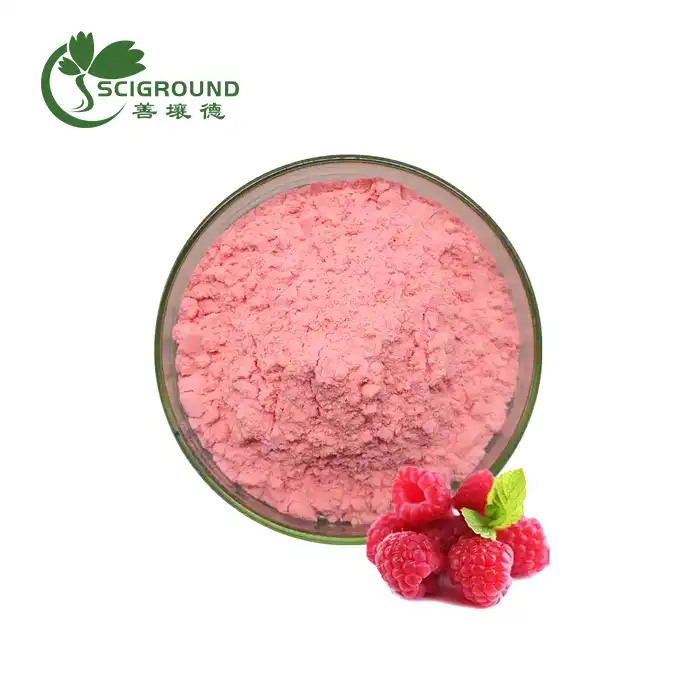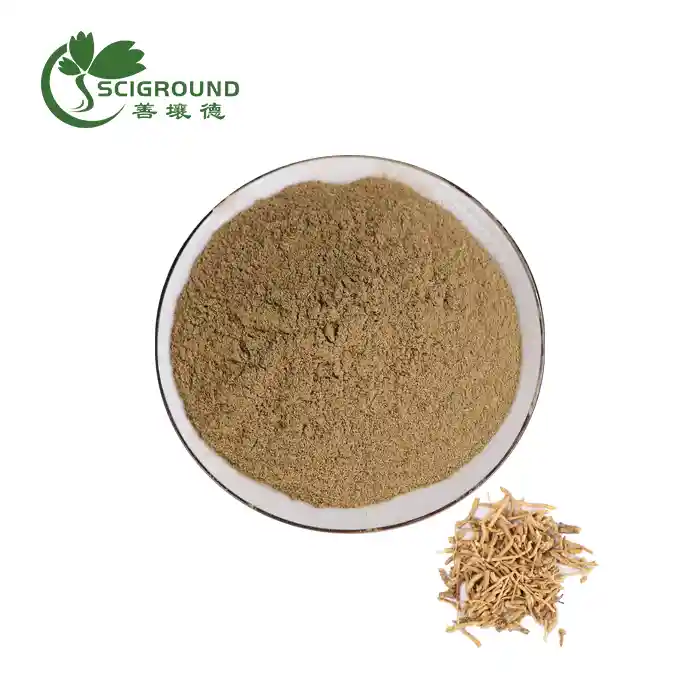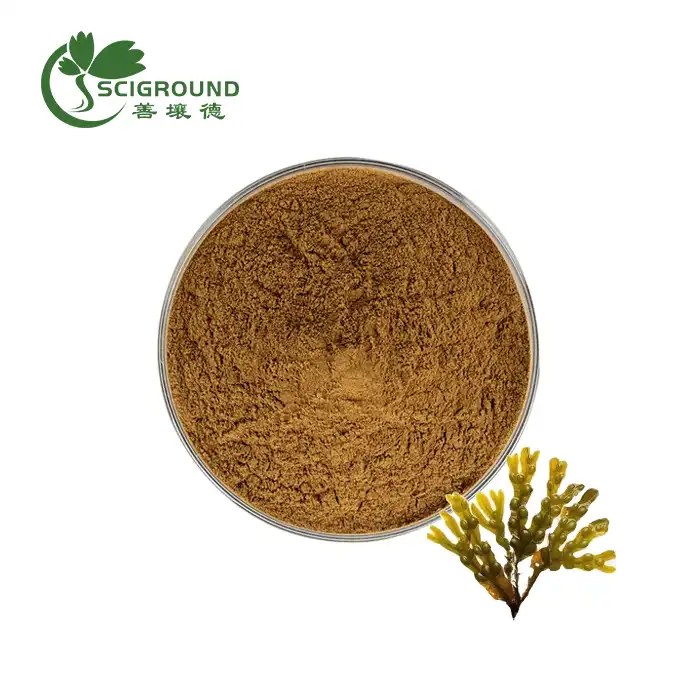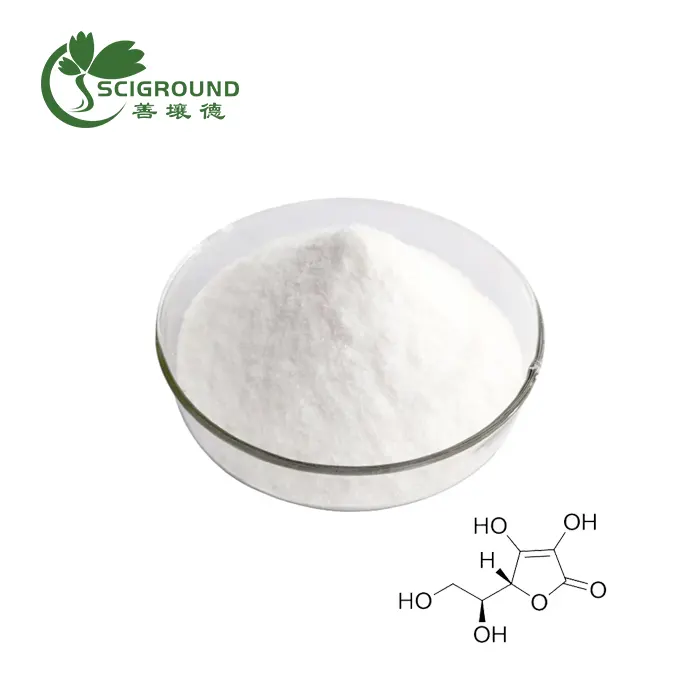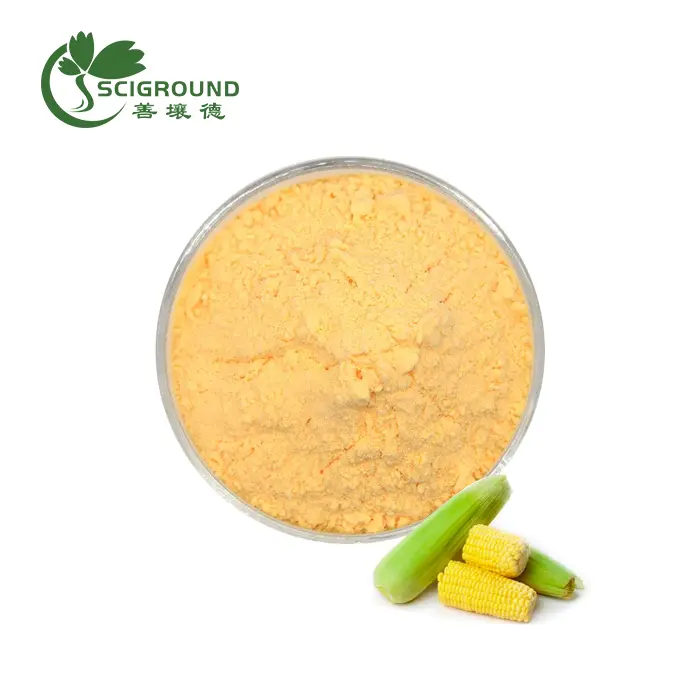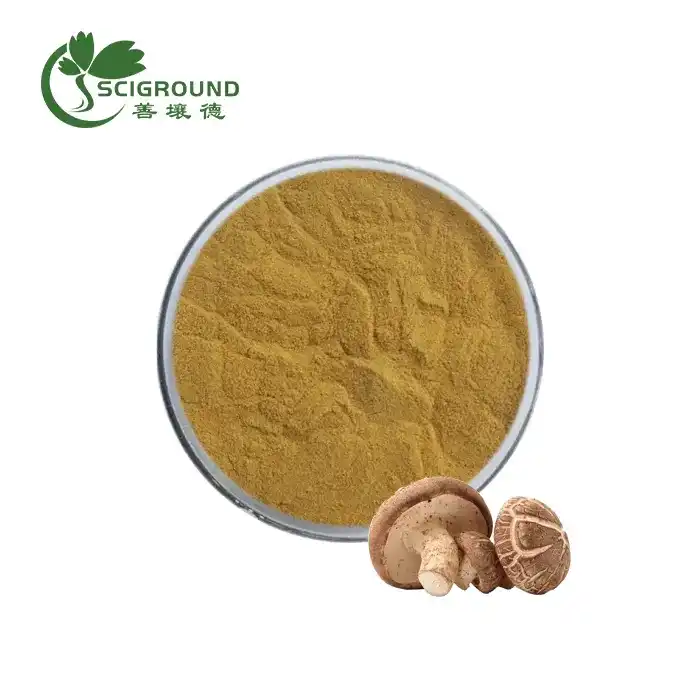how to make dandelion root extract
Dandelion root extract is a versatile and healthful concoction that can be easily crafted at home. Unveiling the secrets of this herbal DIY, let's explore the simple steps to create your own dandelion root extract and reap the potential benefits it has to offer.
How do you extract dandelions?
Dandelions are not just pesky weeds; they can also be used to make a beneficial herbal extract. Dandelion root extract is known for its numerous health benefits, including detoxification, improved digestion, and strengthening the immune system. If you're interested in learning how to extract dandelions and make your own dandelion root extract, follow the steps below:
Step 1: Harvesting the dandelion roots
Find a dandelion plant in an area that you know is free from pesticides and other harmful chemicals. Use a garden trowel or
a small shovel to dig around the root, extracting it from the ground. Be sure to remove any excess soil and wash the roots thoroughly once you've harvested them.
Step 2: Drying the dandelion roots
After harvesting the dandelion roots, spread them out on a clean, dry surface, such as a baking sheet or a wire rack. Leave them to dry for about two weeks, or until the roots are completely dry and brittle. Ensure they are kept in a well-ventilated area away from direct sunlight.
Step 3: Grinding the dried roots
Once the dandelion roots are dry, use a mortar and pestle or a grinder to crush them into a fine powder. Make sure the powder is free from any lumps or solid pieces. You can also use a blender or a food processor for this step, but be careful not to overheat the roots, as excessive heat can degrade the beneficial compounds and nutrients.

How do you make dandelion root drops?
If you prefer a liquid form of dandelion root extract, you can easily transform the powdered roots into drops using the following steps:
Step 1: Mixing the dandelion root powder
Combine one teaspoon of the powdered dandelion root with one cup of alcohol, such as vodka or rum. Mix well using a spoon or a whisk until the powder is completely dissolved in the alcohol.
Step 2: Infusing the mixture
Transfer the liquid mixture into a dark glass bottle with a tight-fitting lid. Place the bottle in a cool, dark place and let it sit for at least four weeks. Shake the bottle gently every few days to ensure proper infusion.
Step 3: Straining and bottling
After four weeks, strain the mixture through a fine-mesh sieve or a cheesecloth to remove any solid particles. Transfer the liquid extract into small dropper bottles for easy use and storage.

How do you prepare dandelion root for medicinal purposes?
Dandelion root can be used in various forms for medicinal purposes, including teas, tinctures, and capsules. Here's a simple method to prepare dandelion root tea:
Step 1: Boiling water
Bring a pot of water to a boil. The amount of water you use will depend on how strong you want your tea to be.
Step 2: Adding dandelion root
Add one tablespoon of dried dandelion root to the boiling water. You can adjust the amount based on your personal preference.
Step 3: Steeping and straining
Turn off the heat and cover the pot with a lid. Let the mixture steep for about 10 minutes. Afterward, strain the liquid to remove the dandelion root fragments.
Now you have a hot cup of dandelion root tea ready to be enjoyed. You can add honey or lemon to enhance the taste.
Remember to use caution when using dandelion root for medicinal purposes, as it may interact with certain medications or cause allergies in some individuals. It's always recommended to consult with a healthcare professional before incorporating any herbal remedies into your routine.
Precautions when Using Dandelion Root Extract
While dandelion root extract is celebrated for its potential health benefits, it's essential to exercise caution and be mindful of certain precautions when incorporating it into your wellness routine.
Allergic Reactions: Individuals with known allergies to plants in the Asteraceae family, which includes dandelions, should approach dandelion root extract with caution. Allergic reactions such as skin rashes or respiratory issues may occur.
Interactions with Medications: Dandelion root extract may interact with certain medications. If you are taking diuretics, blood thinners, or medications for diabetes or hypertension, consult with a healthcare professional before using dandelion root extract to avoid potential adverse effects.
Gastrointestinal Sensitivity: Some individuals may experience gastrointestinal sensitivity, such as upset stomach or diarrhea, when using dandelion root extract. Starting with a lower dosage and gradually increasing it can help assess individual tolerance.
Pregnancy and Breastfeeding: Limited research exists on the safety of dandelion root extract during pregnancy and breastfeeding. Pregnant or breastfeeding individuals should consult with their healthcare provider before incorporating it into their routine to ensure the safety of both the mother and the baby.
Kidney Conditions: Dandelion root extract is known for its diuretic properties. Individuals with pre-existing kidney conditions should exercise caution and seek guidance from a healthcare professional, as excessive diuresis may impact kidney function.
Iron Absorption: Dandelion root extract contains compounds that may interfere with iron absorption. Individuals with iron-deficiency anemia or those taking iron supplements should be mindful of this potential interaction.
In conclusion
Learning how to extract dandelion root and make your own dandelion root extract opens up a world of natural health benefits. Whether you choose to make drops, teas, or other forms of dandelion root preparations, be sure to follow the steps carefully and consult a professional if needed. Enjoy the benefits of this versatile herb and explore the wonders of dandelion root extract!
References:
National Center for Complementary and Integrative Health - Dandelion. https://www.nccih.nih.gov/health/dandelion
"Potential interactions of medicinal plants with anticoagulant and antiplatelet drugs." Journal of Ethnopharmacology. https://pubmed.ncbi.nlm.nih.gov/23693097/
Related Industry Knowledge
- Unlock the Health Benefits of Aronia Powder Today!
- Waht are the interactions of Morus Alba Bark Extract?
- Is agar agar powder the same as jelly powder?
- What kind of inflammation does curcumin reduce?
- What is the therapeutic potential of Polygala saponins in neurological diseases?
- how to make pumpkin seed protein powder
- What is astragalus best for?
- What is Stephania
- Is inulin soluble or insoluble fiber?
- Dandelion Root Extract Powder: Embracing the Healing Power of Nature
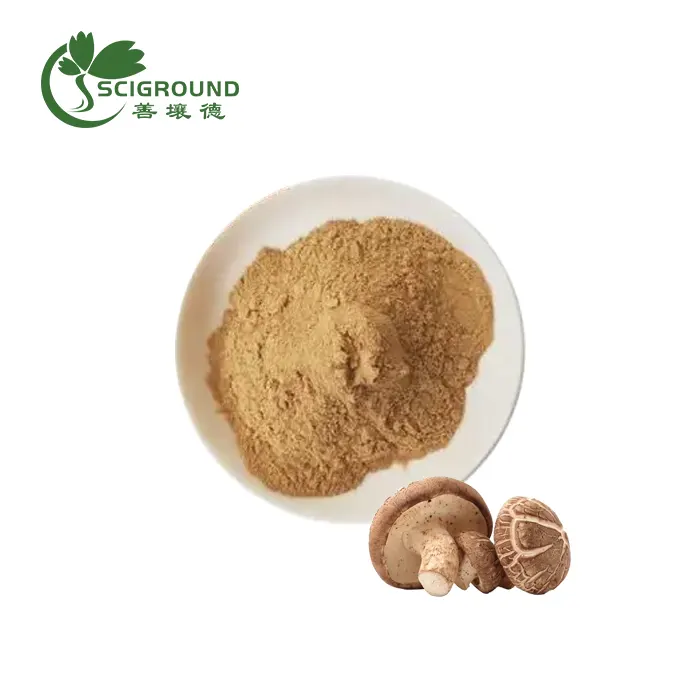
.webp)
